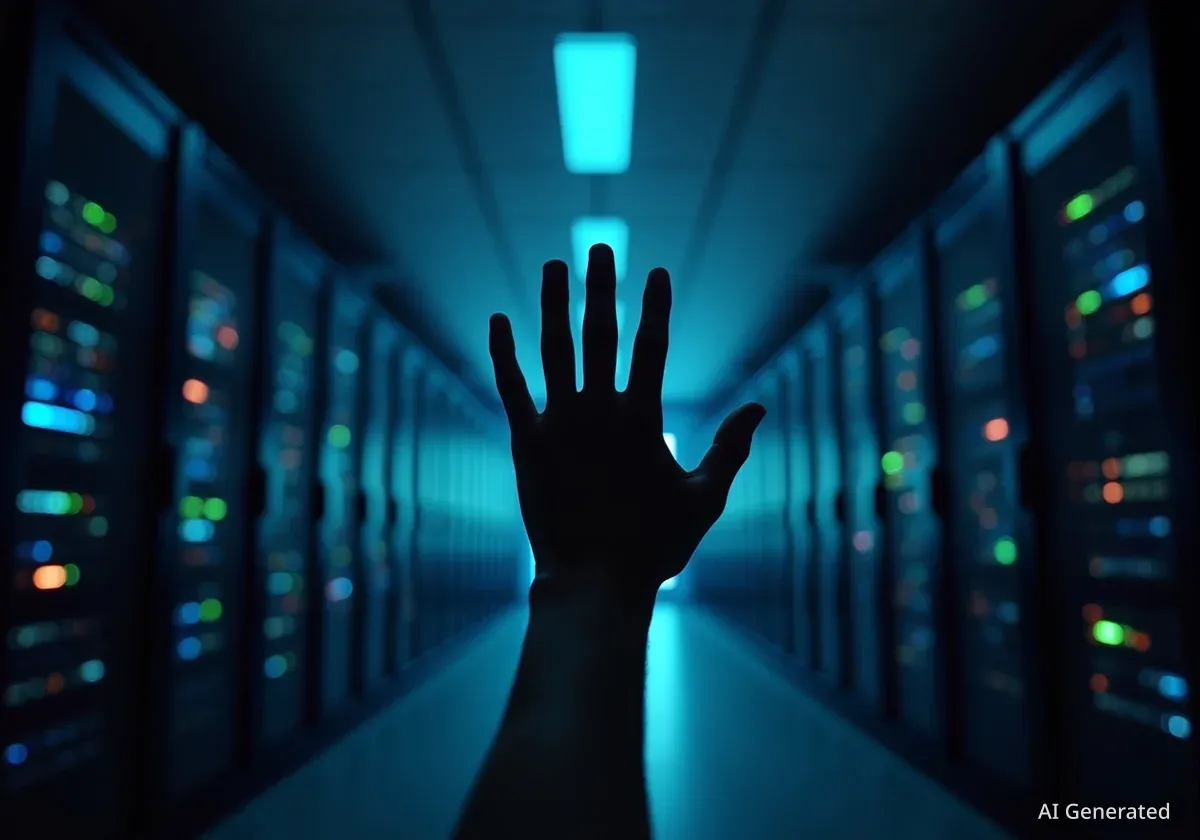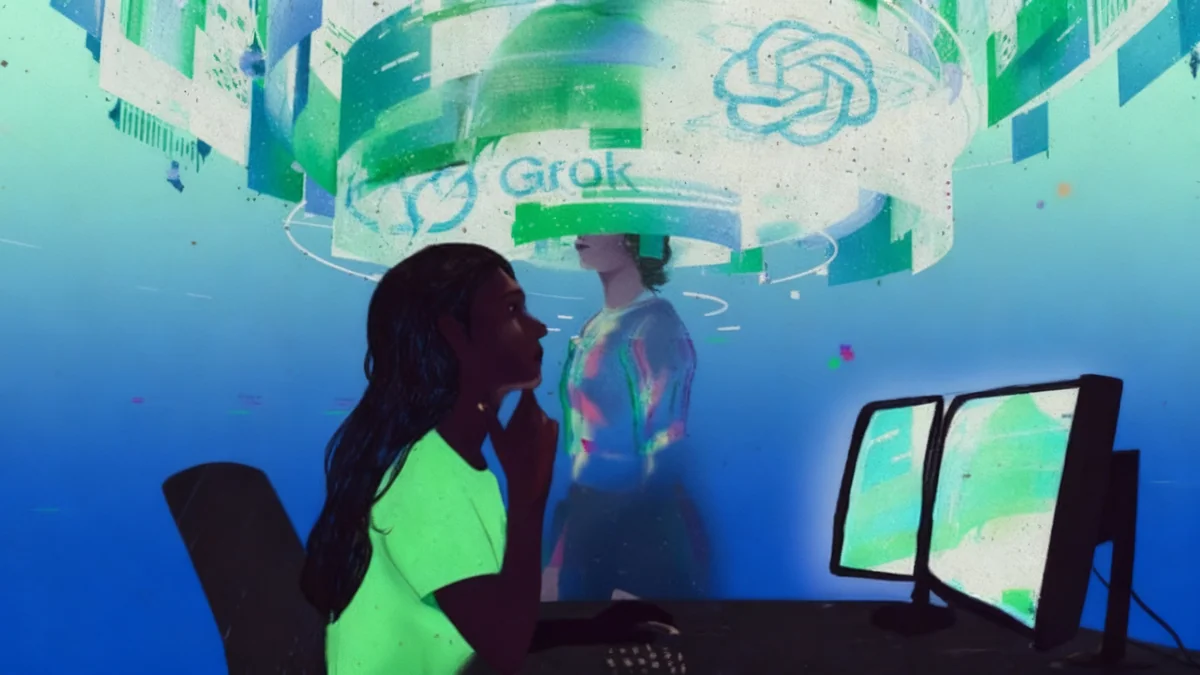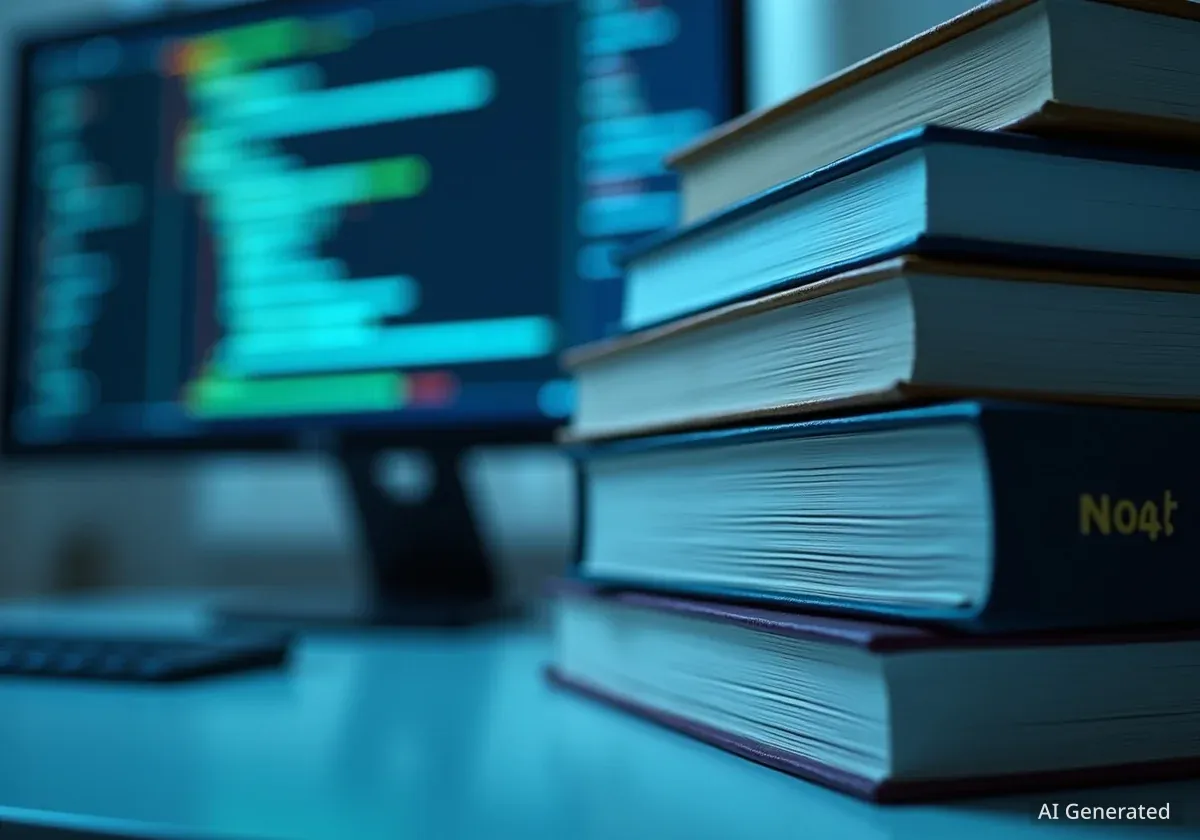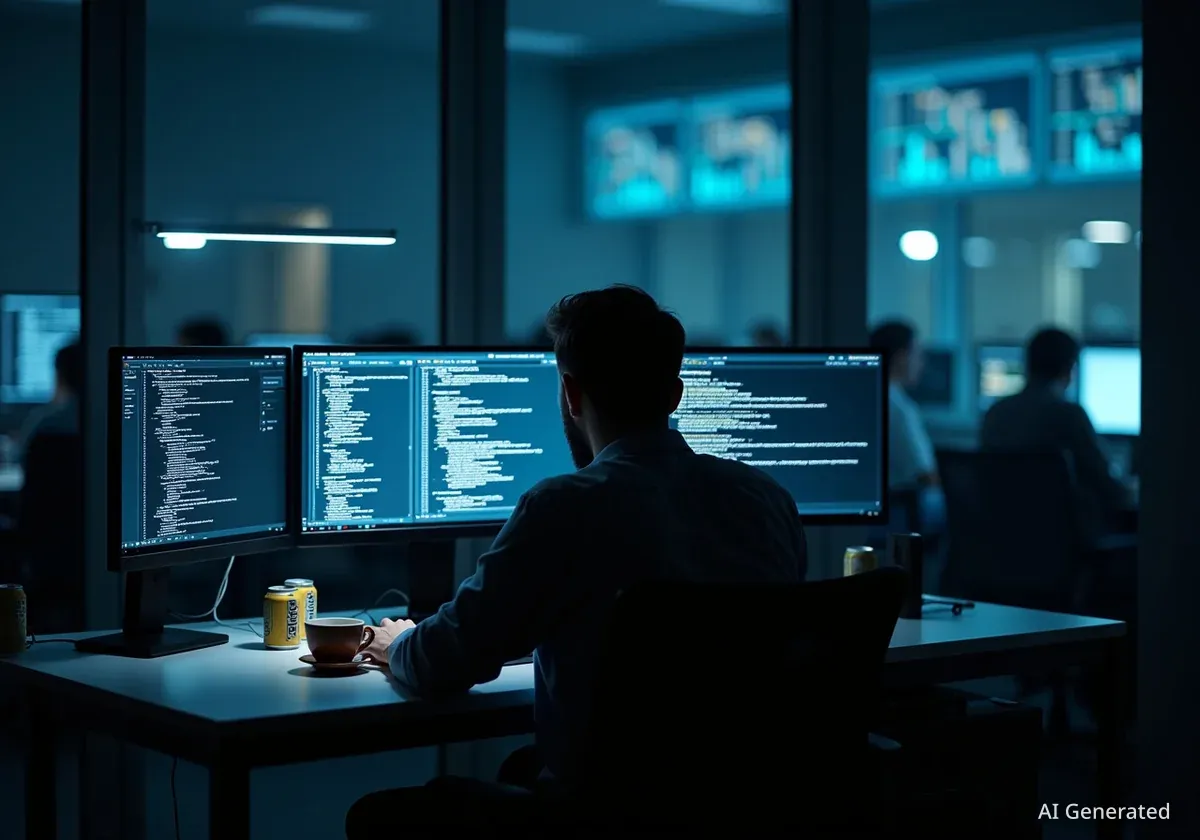Despite the rapid integration of artificial intelligence into daily life, a growing number of students, software developers, and creative professionals are consciously choosing not to use these powerful tools. This resistance is not based on a single issue, but rather a collection of concerns ranging from personal pride in human effort to fundamental distrust of AI-generated content and fears over job security.
Key Takeaways
- A notable portion of students and professionals are actively avoiding AI tools for key tasks.
- Primary reasons for resistance include a desire for personal accomplishment, concerns about AI accuracy, and fears of job displacement.
- Environmental impact and a general distrust of automated systems also contribute to the skepticism.
- Even among skeptics, usage is common, highlighting a complex relationship with the technology.
The Student Perspective on AI Tools
In academic environments, where AI tools for writing and research are readily available, a significant number of students are opting for traditional methods. A recent report from Handshake, a career network focused on college students, sheds light on this trend among the class of 2026.
According to the study, the most cited reason for avoiding AI in tasks like brainstorming, writing, and research was a simple one: “I think it’s important I do this myself.” This sentiment highlights a value placed on the learning process and the satisfaction derived from personal intellectual effort.
Students expressed a desire to develop their own critical thinking and problem-solving skills without what they perceive as a technological shortcut. This preference for self-reliance suggests that for many, the goal of education is not just the final output, but the personal growth achieved along the way.
A Contradictory Trend
While many students express skepticism, adoption rates remain high. Data from OpenAI indicates that more than one-third of college-aged adults are regular users of ChatGPT. Furthermore, nearly all students in this demographic have experimented with the tool at least once, showing that even those who resist it for core academic work may use it for other purposes.
Resistance Within the Tech Industry
The pushback against AI is not limited to academia. In Silicon Valley, the very hub of AI development, some software programmers are actively revolting against the use of AI-powered coding assistants. Their opposition is rooted in both practical and existential concerns.
According to reporting from The Information, one major issue is the reliability of AI coding tools. Programmers have found that these systems can produce code that is inefficient, insecure, or simply incorrect. The time spent debugging AI-generated errors can sometimes outweigh the time saved by using the tool in the first place.
"Partly that's because the AI coding tools have some obvious technical limitations — sometimes producing error-ridden code. And partly it's because human coders worry any sort of adoption of the tools will hasten their own obsolescence."
This leads to the second major concern: job security. Many developers fear that by embracing and training AI coding assistants, they are inadvertently contributing to a future where their own skills become devalued or redundant. This fear of being replaced by the tools they are helping to perfect has created a significant cultural rift within the programming community.
Broader Concerns Driving AI Skepticism
Beyond the specific motivations of students and coders, a wider set of ethical and practical concerns is fueling the AI resistance movement. These issues reflect a deeper societal apprehension about the rapid and unchecked proliferation of artificial intelligence.
The Environmental Cost of AI
Training large AI models requires immense computational power, which in turn consumes vast amounts of electricity and water for cooling data centers. Some individuals are rejecting AI on environmental grounds, concerned about the technology's growing carbon footprint and resource consumption.
Key Factors for AI Distrust
- Pride in Human Creativity: Many artists, writers, and other creatives take deep pride in their work. They view the use of generative AI as a betrayal of their craft and an erosion of human originality.
- Trust and Accuracy: High-profile instances of AI models “hallucinating” or producing biased and false information have led many to distrust their output for critical applications.
- Fear of Over-Reliance: A common concern is that society will become too dependent on AI, leading to an atrophy of fundamental human skills, from writing to critical analysis.
The Inevitability of Integration
Despite this growing resistance, experts agree that completely avoiding AI is becoming increasingly impractical. The technology is already deeply embedded in many of the platforms and services people use every day, from search engines and navigation apps to streaming service recommendations.
The current landscape suggests a future not of complete rejection, but of negotiation. Users are beginning to draw personal lines, deciding where AI is a helpful assistant and where it becomes an unwelcome intruder. This ongoing dialogue between users and developers will likely shape the future of how AI is integrated into our work, education, and personal lives.
As the technology continues to evolve, the conversation about its proper role will only intensify. The concerns raised by today's AI resisters are a critical part of that process, ensuring that human values remain at the center of technological advancement.





